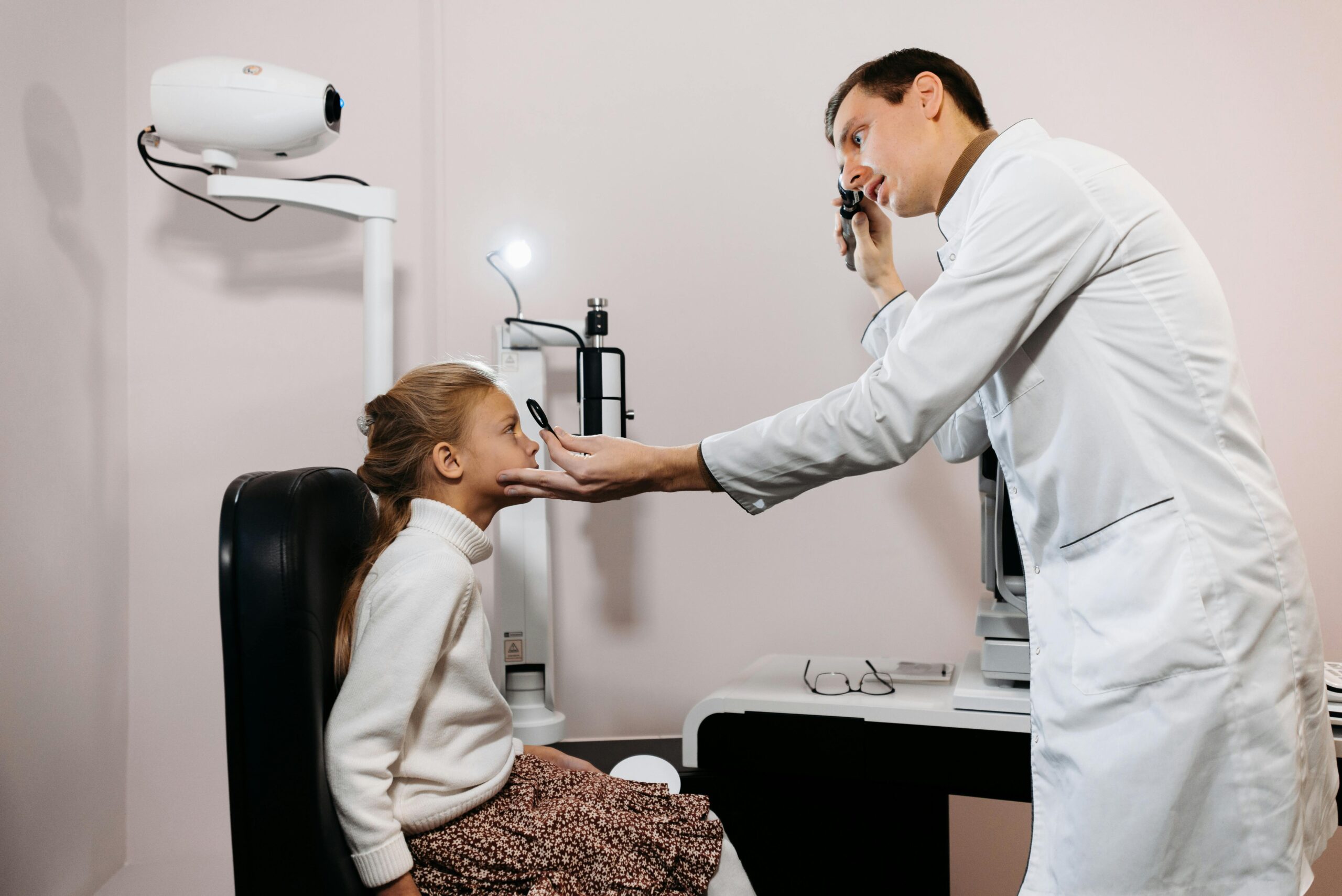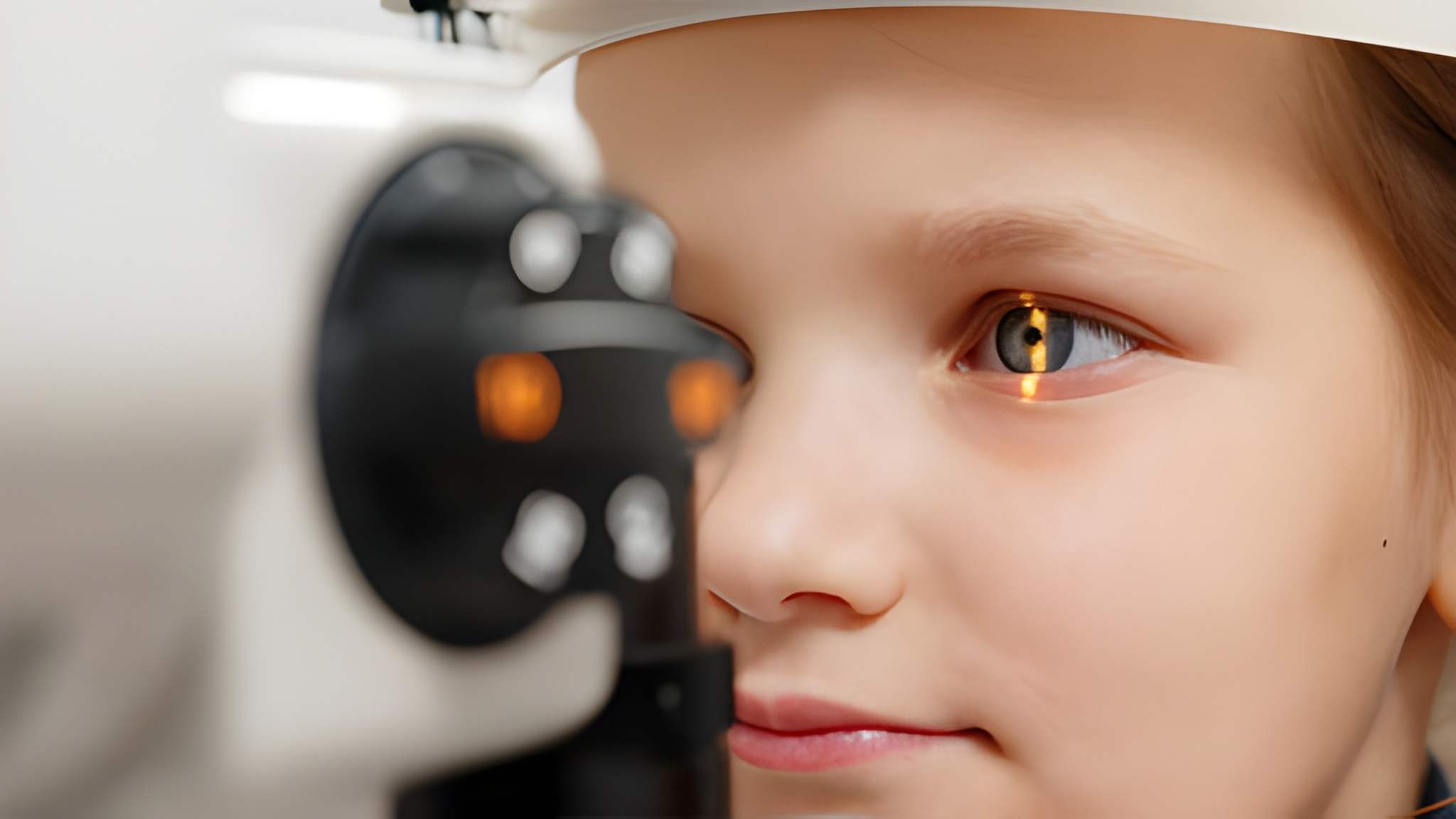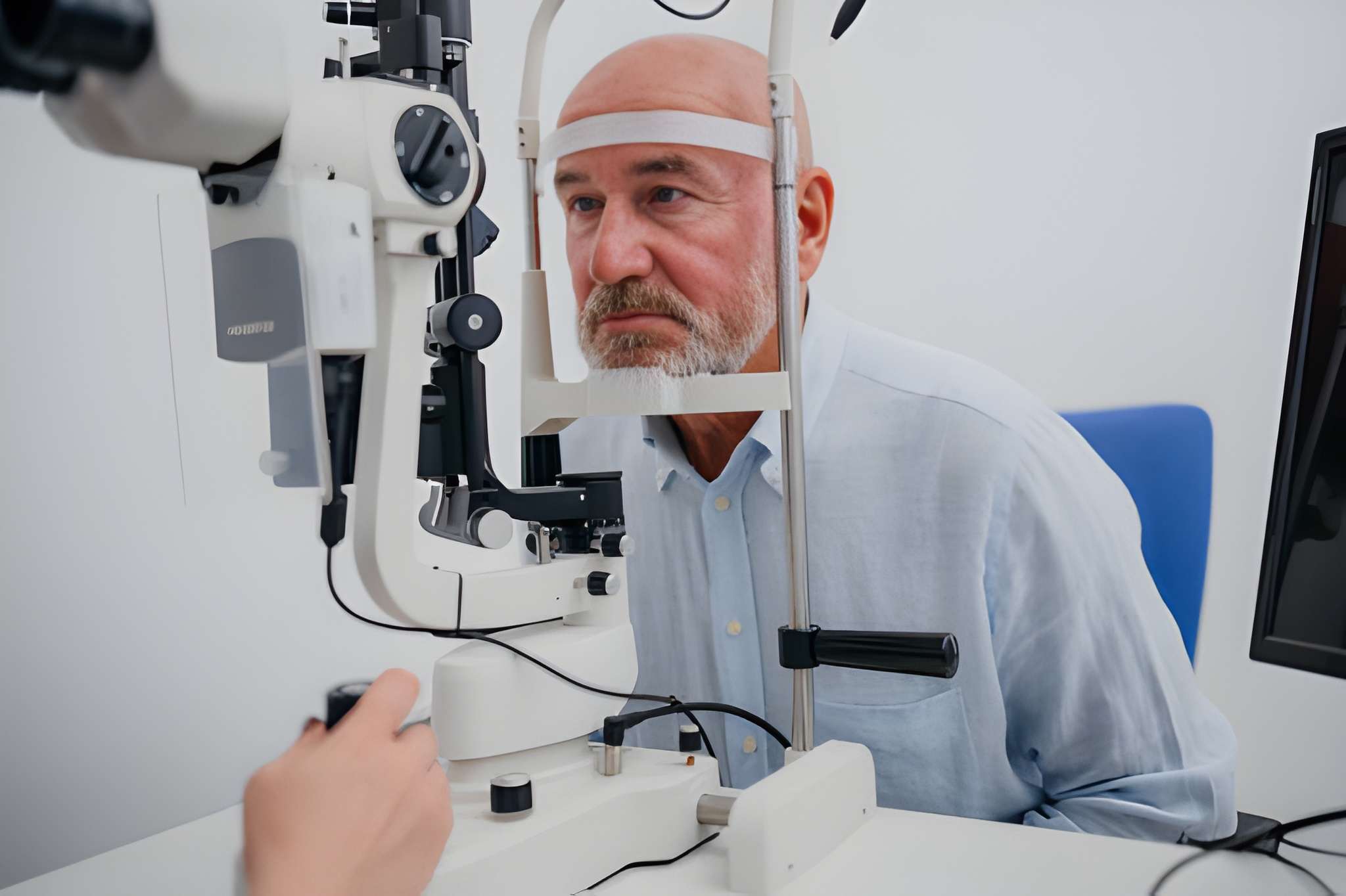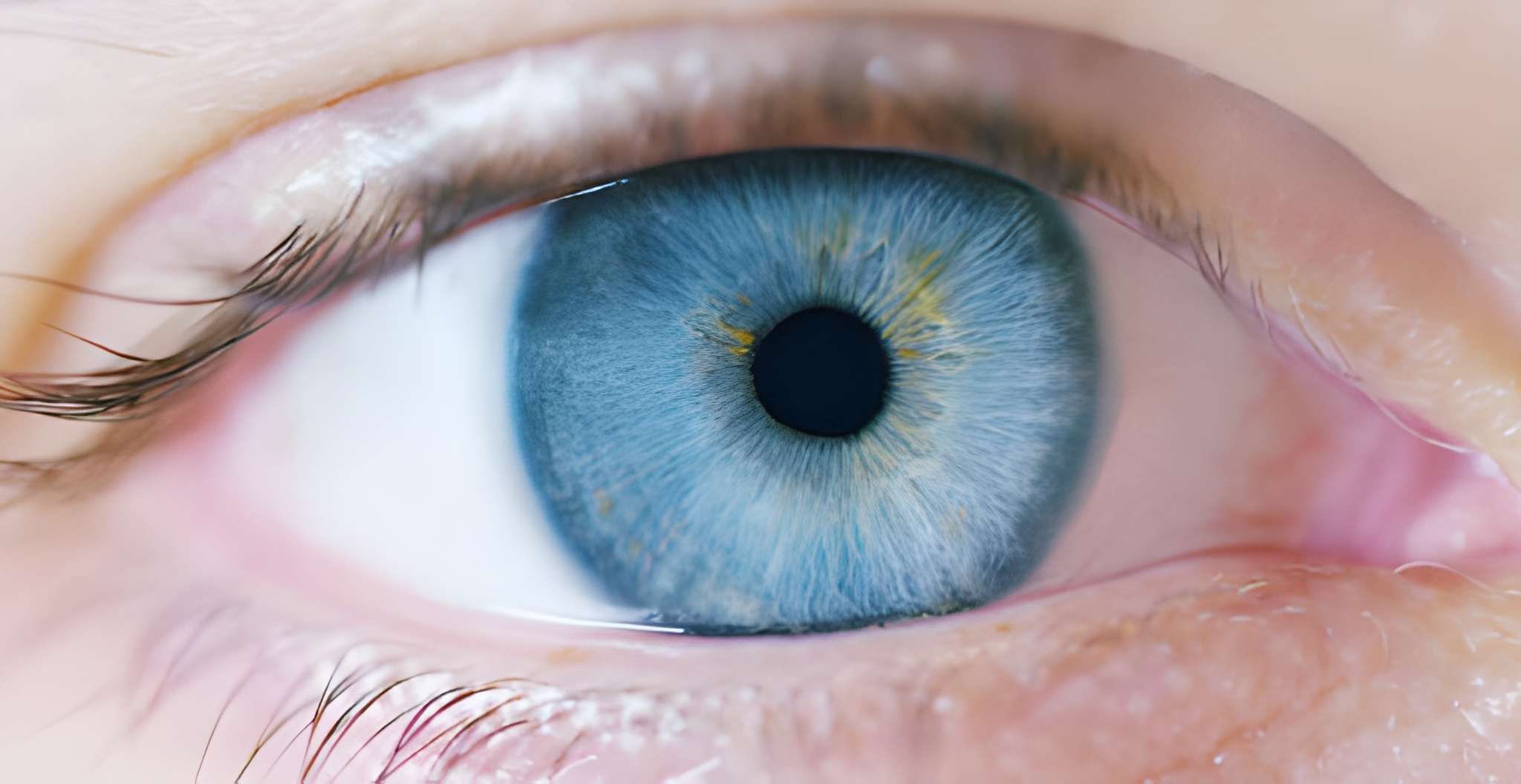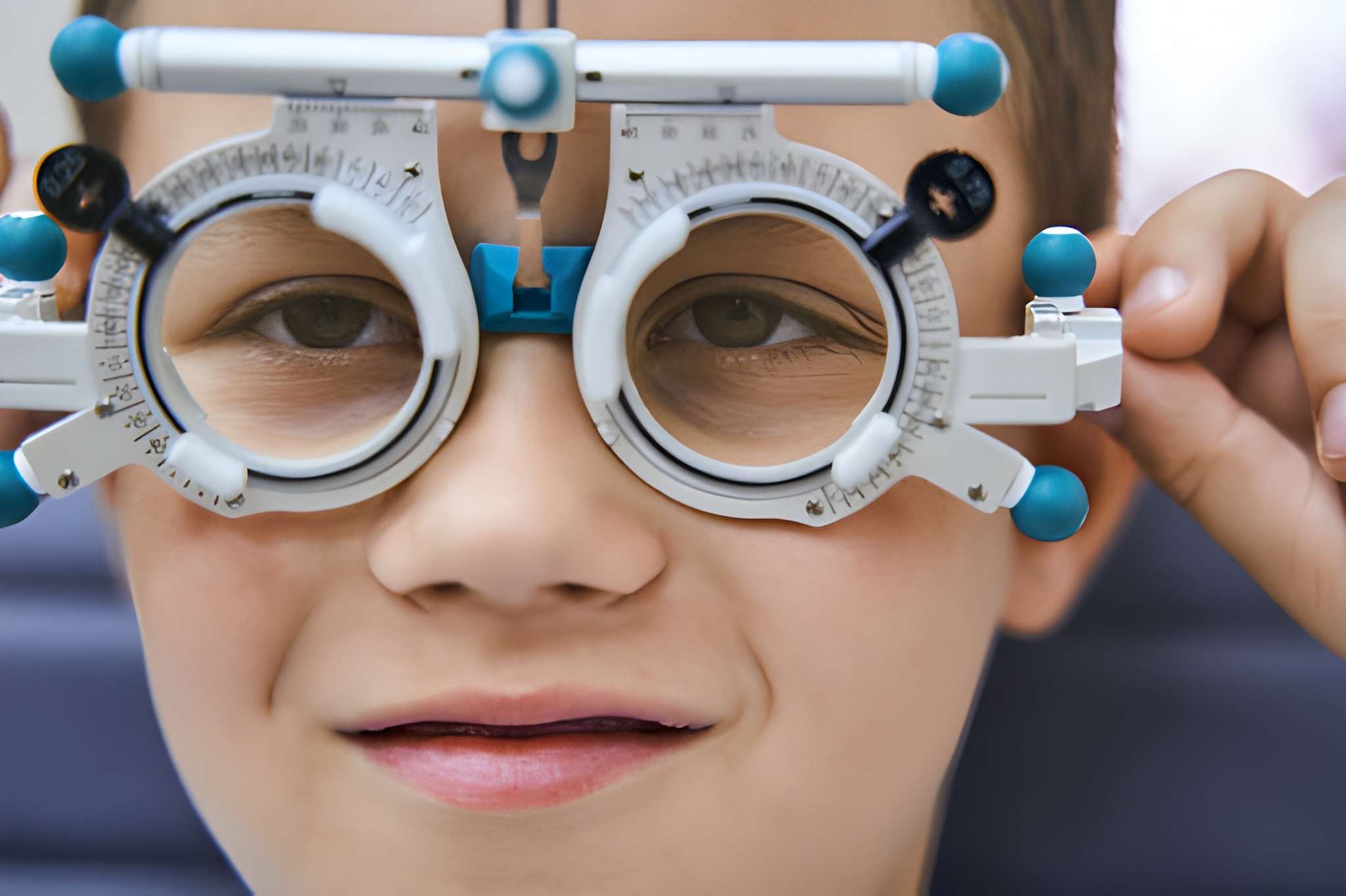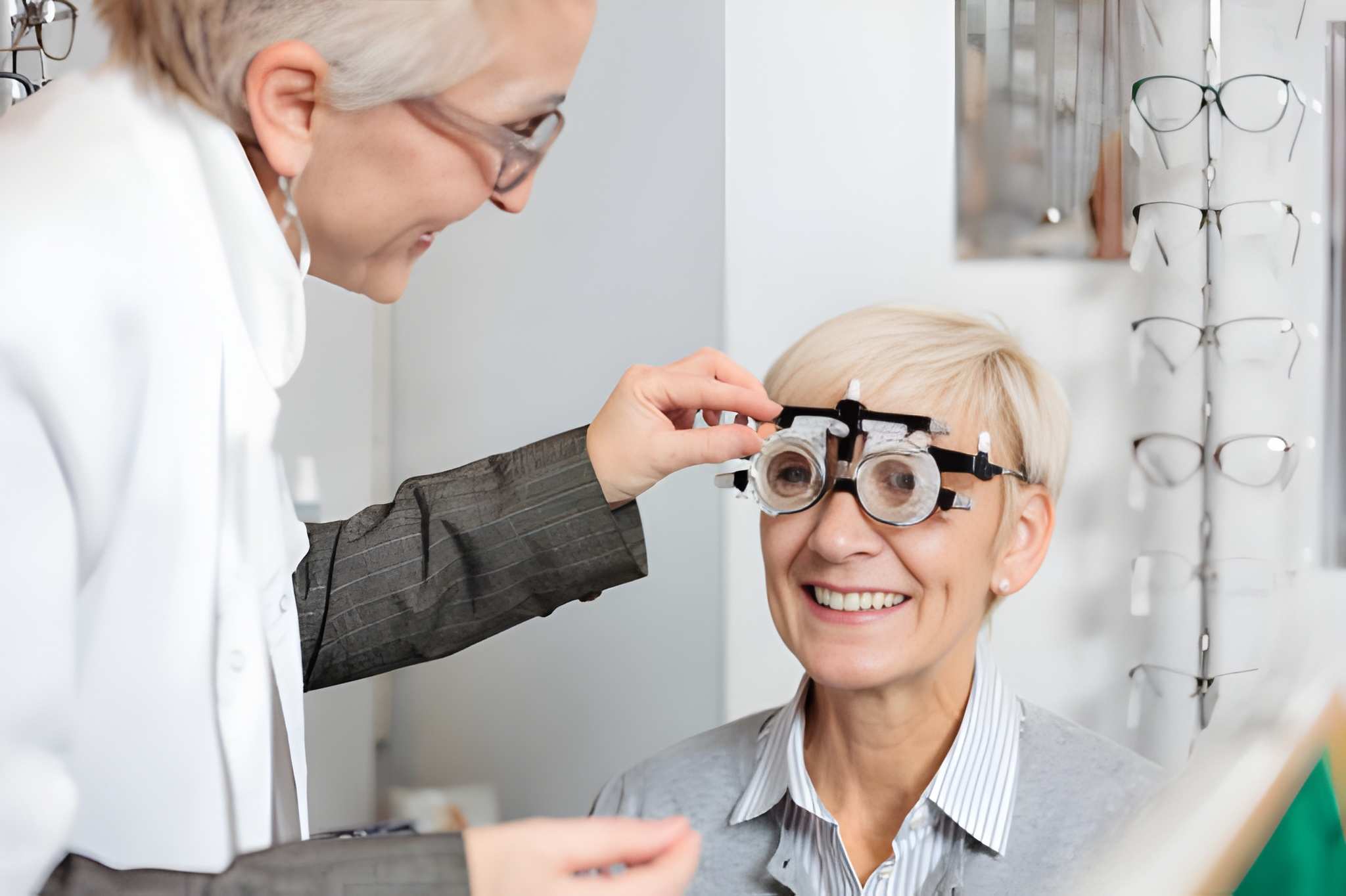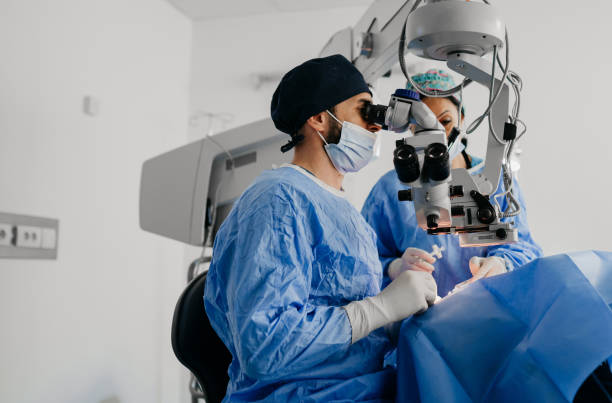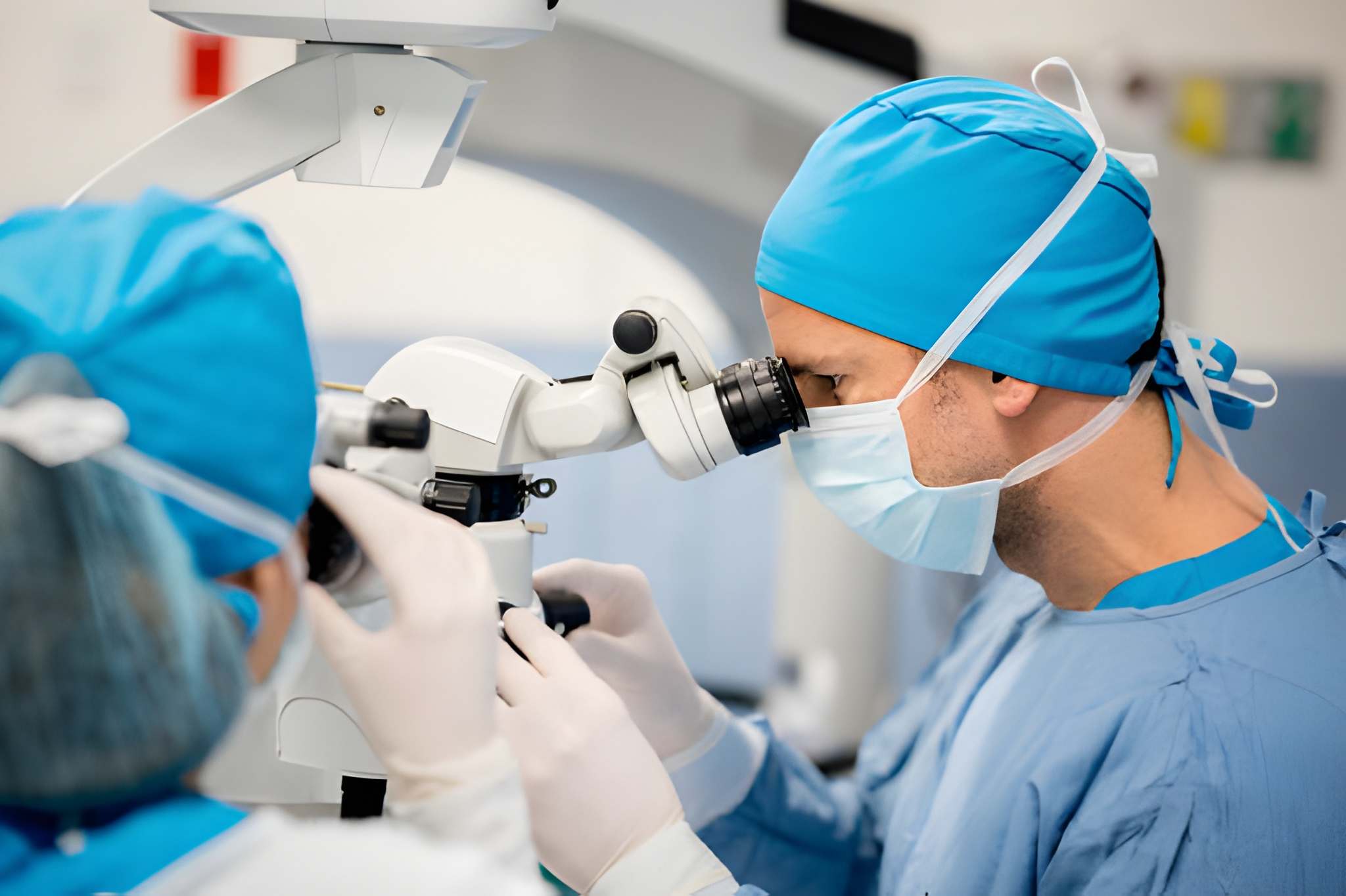Best Eye Doctors in Dubai: Expert Vision Care You Can Trust
Choosing the right eye doctor is crucial to maintaining your vision and overall eye health. Dubai offers access to some of the world’s most advanced ophthalmology services, but navigating your options can be overwhelming. This guide explains what to look for in an eye care provider, different treatment options, and how to make an informed appointment.
What is Ophthalmology?
Ophthalmology is the branch of medicine that deals with the diagnosis, treatment, and prevention of eye disorders. It covers a wide range of conditions, from minor vision problems to serious illnesses such as glaucoma, cataracts, and retinal diseases. Ophthalmologists are medical doctors specially trained to perform eye exams, prescribe corrective lenses, medication, and perform surgeries.
Common Eye Conditions Treated by Ophthalmologists
- Cataracts
- Glaucoma (Adult & Pediatric)
- Myopia (Nearsightedness)
- Diabetic Retinopathy
- Retinal Vein Occlusion
- Floaters and Flashes
- Uveitis
- Strabismus
- Amblyopia (Lazy Eye)
- Tearduct Obstruction
- Convergence Insufficiency
Doctors Specializing in Ophthalmology
Specialists in ophthalmology can focus on various areas including pediatric care, retina disorders, corneal diseases, and refractive surgery. Depending on your condition, you may be referred to a sub-specialist who has advanced expertise in handling complex eye diseases.
Eye Doctor vs. Optometrist vs. Ophthalmologist: What’s the Difference?
An ophthalmologist is a medically trained eye specialist who can diagnose and treat a full range of vision and eye health issues, including performing surgery. An optometrist provides vision tests, prescribes glasses or contact lenses, and manages minor eye conditions. Opticians are trained technicians who fit corrective lenses.
How to Choose the Best Eye Specialist in Dubai
Here are key factors to consider when selecting an eye doctor:
- Experience: Choose a specialist with extensive experience in treating your specific condition.
- Certifications: Verify that the doctor is certified by relevant authorities.
- Clinic Facilities: Opt for clinics equipped with modern diagnostic and surgical technology.
- Patient Reviews: Check previous patient feedback for insights on care quality.
- Accessibility: Choose a clinic that is easy to reach and has efficient appointment scheduling.
Comparing Clinics in Dubai
Dubai houses several top-rated eye care centers. When comparing clinics, look for locations that offer a comprehensive range of services, specialized departments, and advanced equipment. Consider whether the clinic offers pediatric care, emergency services, and diagnostic specialties such as optical coherence tomography (OCT) or corneal topography.
The Role of Technology in Modern Eye Care
Technology has dramatically improved diagnostic capabilities and treatment outcomes. From laser vision correction to digital retinal imaging and minimally invasive surgeries, patients now benefit from faster recovery times and precise interventions. Ensure your chosen eye care facility incorporates the latest advancements in ophthalmology.
Tips for Booking an Appointment with an Eye Doctor
- Book well in advance, especially for specialists with high demand.
- Prepare your medical history and list of current medications.
- Note any ongoing symptoms or vision changes before your visit.
- Ask about consultation fees and insurance coverage.
Comprehensive Eye Treatments Offered in Dubai
- Laser Vision Correction (LASIK): A popular procedure that corrects refractive errors with minimal recovery time.
- Corneal Surgery: Includes treatments for keratoconus and corneal transplants.
- Pediatric Ophthalmology: Early detection and treatment for conditions affecting children’s vision.
- Aviation Ophthalmology: Specialized care for aviation professionals.
Why Regular Eye Exams Matter
Regular eye exams are essential for catching vision problems early, especially in children and seniors. Eye issues like diabetic retinopathy or glaucoma may not show symptoms initially but can cause irreversible damage if untreated. Early detection through routine screening helps ensure timely management.
Vision Screening for Children
Children should undergo eye exams before starting school and regularly afterward. Screenings help detect issues such as myopia, amblyopia, or strabismus early when corrective treatments have the highest success rates.
Eye Care in the Digital Age
Increased screen time has led to common issues like digital eyestrain, dry eyes, and blurred vision. Practicing the 20-20-20 rule (every 20 minutes, look at something 20 feet away for 20 seconds) can help reduce strain. Using blue light filters and taking regular breaks is also beneficial.
Ready to Book an Appointment?
Choosing the right eye doctor doesn’t have to be a challenge. With the right research and a clear understanding of your needs, you can find the right specialist in Dubai who meets your medical requirements and personal comfort.
Call to Action: Ready to prioritize your vision health? Request an appointment with a qualified ophthalmologist and take the first step toward clearer vision today.
FAQs
How often should I get my eyes checked?
Adults should get a comprehensive eye exam every two years, or annually if they have existing conditions. Children need their first eye exam at six months, another at age three, and just before entering school, followed by regular screenings.
Is LASIK surgery safe and who is eligible?
LASIK is considered safe for most healthy adults with stable vision prescriptions. Eligibility depends on corneal thickness, overall eye health, and age. A preoperative assessment is required to determine suitability.
What symptoms indicate I should see an eye doctor immediately?
Sudden vision loss, eye pain, flashes of light, floaters, or eye injury warrant immediate consultation with an ophthalmologist.
What’s the difference between a vision screening and a comprehensive eye exam?
Vision screening is a quick check, often done in schools or workplaces. A comprehensive eye exam is performed by an eye care specialist and involves in-depth tests to assess eye health and vision quality.
Are telehealth consultations available for eye care in Dubai?
Yes, many ophthalmology clinics in Dubai now offer telehealth services for follow-ups, consultations, and screening evaluations, although detailed diagnostics and treatments must be conducted in person.



